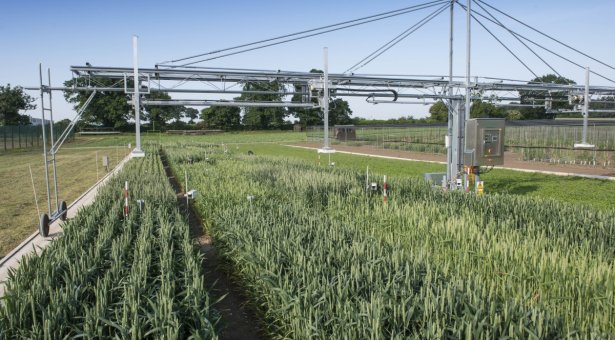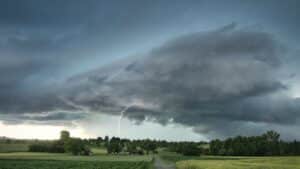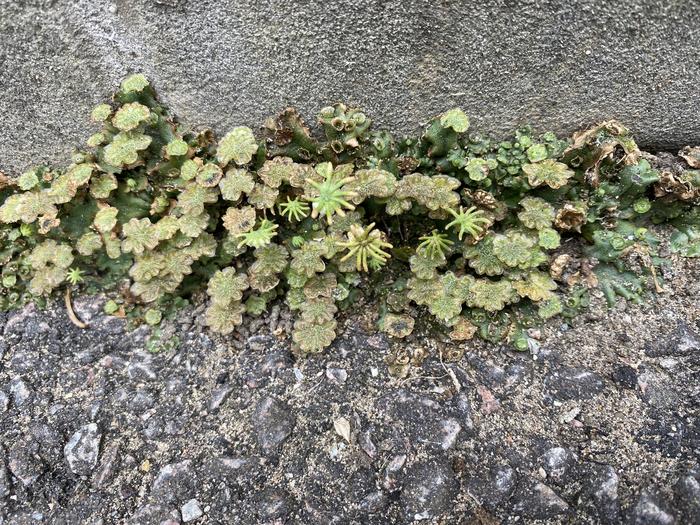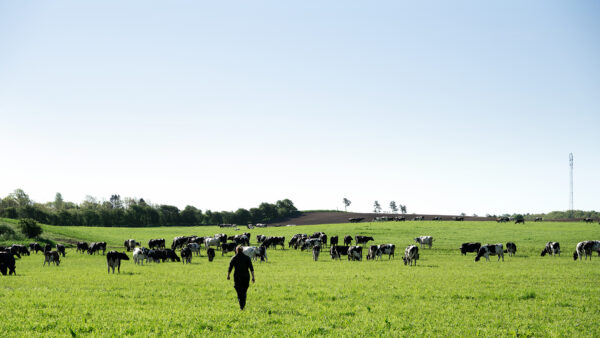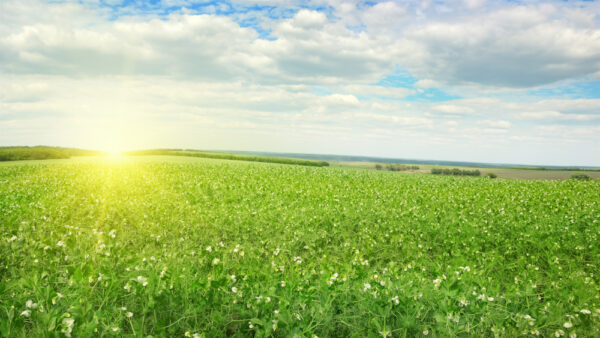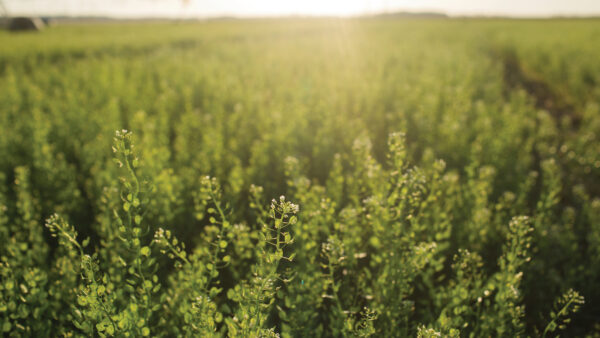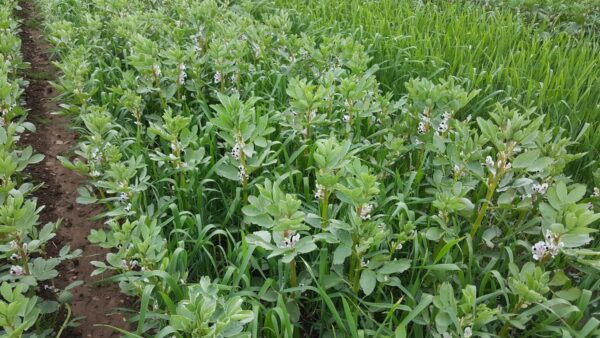Researchers from across Norwich Research Park have launched a new system for organising vast datasets on climate and crops.
CropSight is a scalable and open-source information management system that can be used to maintain and collate important crop performance and microclimate information.
Big data captured by diverse technologies known collectively as the Internet of Things (IoT) is extremely difficult to calibrate, annotate and aggregate. This presents a major challenge for plant scientists trying to understand the dynamics between crop performance, genotypes and environmental factors and for agronomists and farmers monitoring crops in fluctuating agricultural conditions.
The new system developed by researchers from the Earlham Institute, John Innes Centre, and University of East Anglia (UEA) provides near real time environmental and crop growth monitoring.
It is accessible both locally in the field through smart devices and via computers back at the lab and office. The system has already been applied to field experiments of bread wheat prebreeding since 2016 and speed breeding since 2017.
Dr Simon Griffiths of the John Innes Centre says: “We believe that the CropSight system could have a significant impact on scalable plant phenotyping leading to more efficient gene discovery, crop breeding, and ultimately end user benefits.”
Key features of the system include: automated data collection and information management, monitoring of biological experiments through network sensing devices, and daily synchronising of data and crop growth images.
Dr Ji Zhou of the Earlham Institute says: “Through connecting environmental readings with crop growth dataset using IoT-based technologies, we have demonstrated how IoT can be applied in crop research and agricultural practices. Additionally, with the development of national IoT infrastructure, CropSight can be expanded to even larger scale and multiple locations, which can then help agricultural practitioners make prompt decisions across a country’s arable land.”
Source: John Innes Centre


